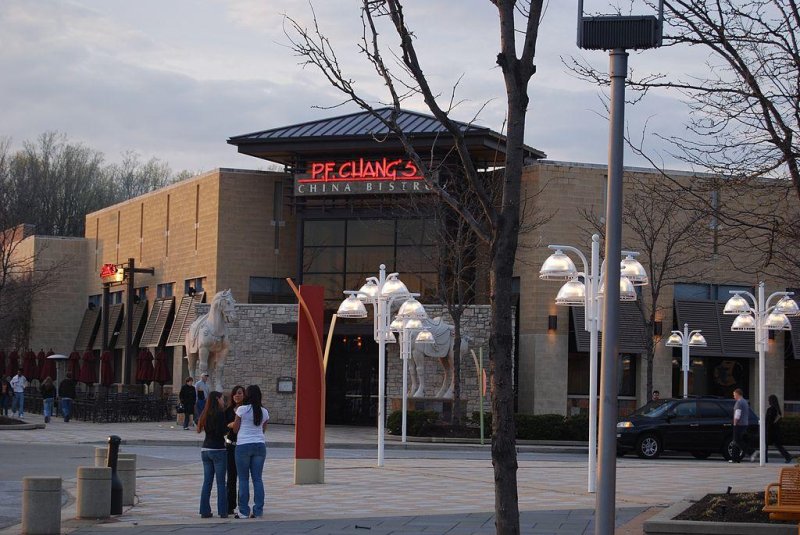SCOTTSDALE, Ariz., June 11 (UPI) -- P.F. Chang's said it was looking into a report that claims hackers accessed its point-of-sale system stealing customers' credit and debit card information.
Security Blogger Brian Krebs, who last year revealed the Target data breach, reported that P.F. Chang's locations in Florida, Maryland, New Jersey, Pennsylvania, Nevada and North Carolina had been compromised between the end of March and May 19.










